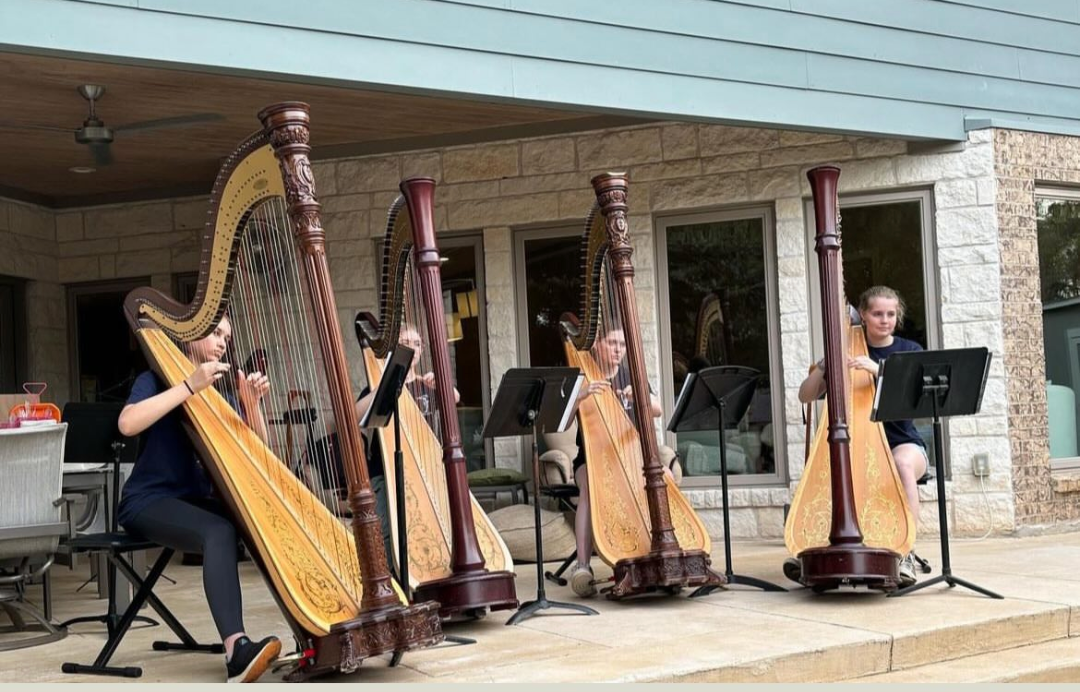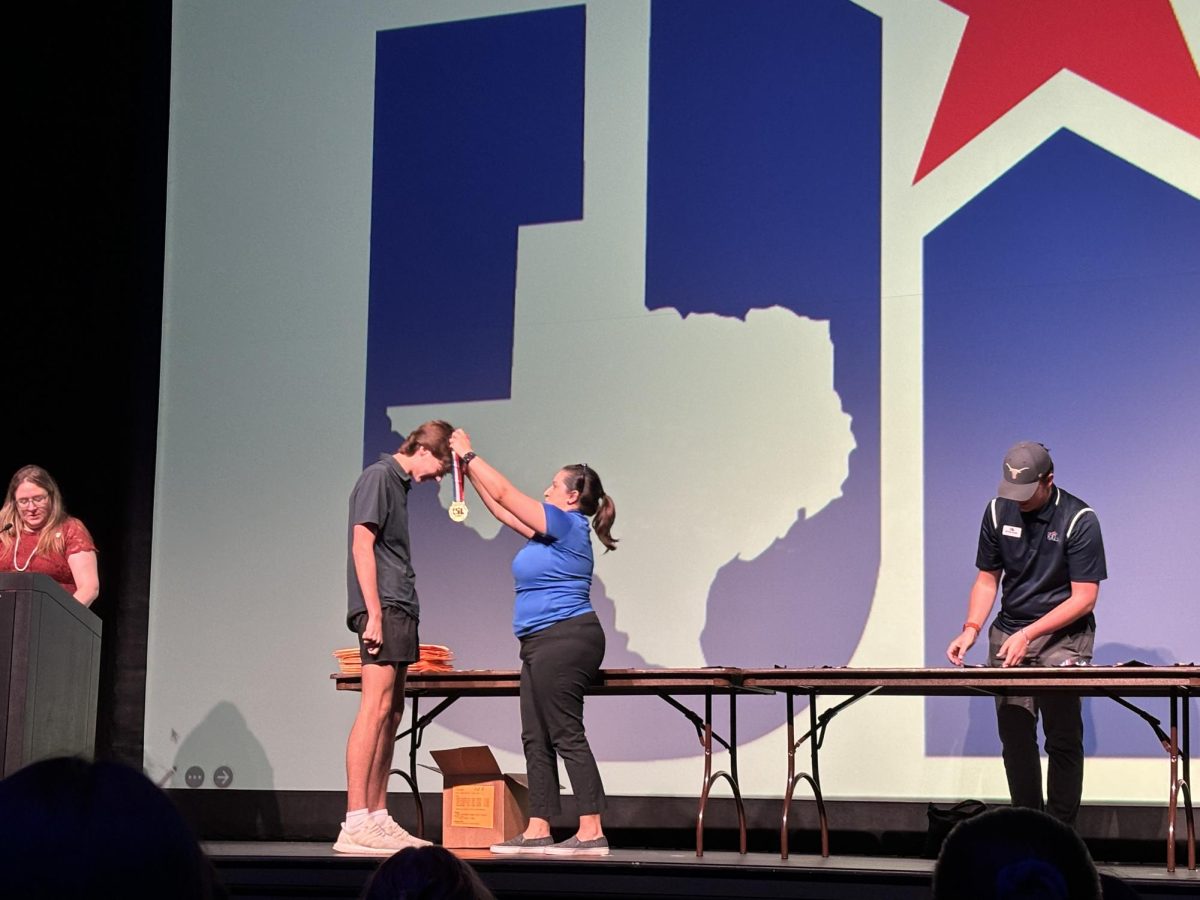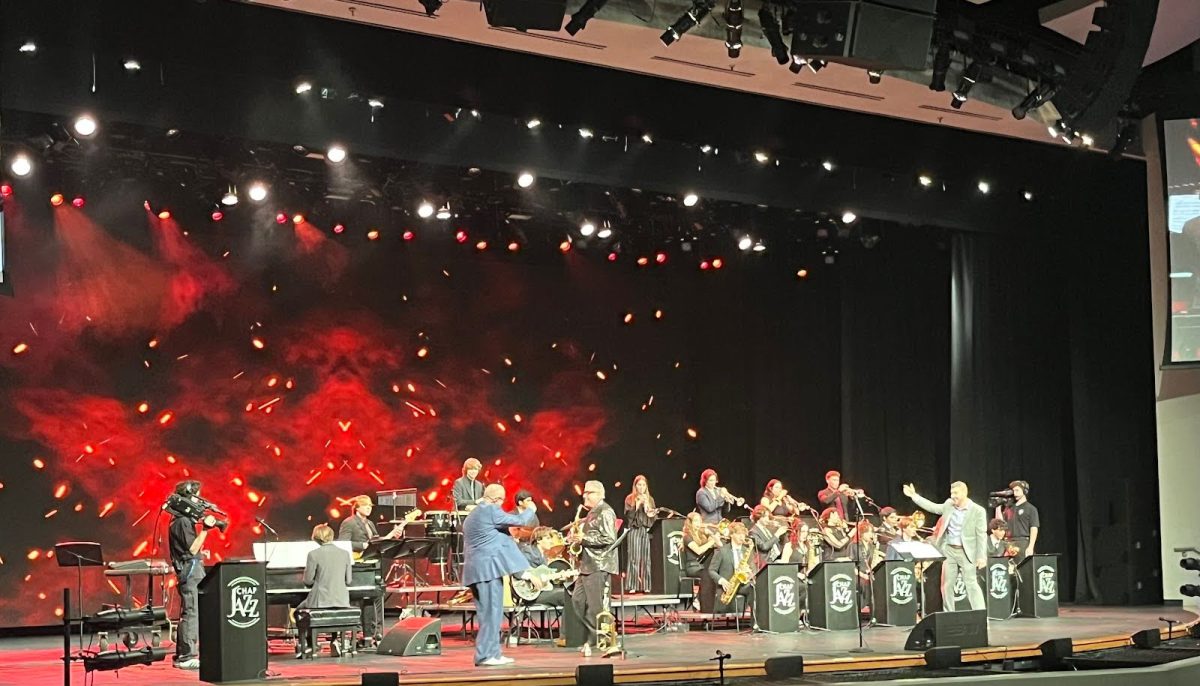No one plans on it. No one expects it to happen until it does.
For Hill Country Middle School special education teacher Adrienne Harmon, it happened when she was only 35 – she was diagnosed with breast cancer. While people consider breast cancer a serious issue, many girls are not taking the proper precautions to reduce their risk. Young women generally do not consider themselves vulnerable, but breast cancer in women under 40 years old is actually more deadly than in women over 41.
“My cancer was very aggressive, grade 3/3, the most aggressive kind, and I had surgery for a port placement five days after being diagnosed,” Harmon said. “We had to move fast because the cancer had already spread to my lymph nodes.”
She struggled with the decision of whether she should get one breast removed in a single mastectomy or both in a double mastectomy.
“I had three tumors and needed a mastectomy,” Harmon said. “I decided to get a double mastectomy to reduce the chance of cancer recurrence. I already had stage three cancer, so the odds were that some time in my life, I would get cancer in the other breast. I wanted to do everything I could to prevent recurrence.”
Harmon had her first chemotherapy treatment three days after Christmas and soon was faced with cancer’s realities.
“My boyfriend put on the Beastie Boys and shaved my hair off for me,” she said. “It is so hot in Austin that wigs were usually miserable, so I went around bald and wore a scarf to work.”
For Harmon, losing her eyelashes and eyebrows was more traumatic than the hair on her head.
“In Austin, it is not odd to walk around bald, but when you then have no eyelashes or eyebrows, you do look strange,” she said.
After years of treatment and surgery, Harmon has put cancer behind her. Now she is involved in Pink Ribbon Cowgirls, a Breast Cancer Resource Center for young women. She advises young women, even teens, to perform regular self-exams and is very involved in warning them about the risks, symptoms and the aftermath of cancer.
“If breast or ovarian cancer runs in your family, you may want to talk to your doctor about getting mammograms before age 40 and about genetic testing,” Harmon said. “Breast cancer is different for premenopausal women because it can put you into menopause early, change hormones and change fertility.”
Women ages 15 to 34 die more frequently from breast cancer than any other cancer. It is very important for young women to watch for signs including lumps in the breast, skin irritation and dimpling. Symptoms include pain in or around the breast and cravings for red meat or alcohol. If cancer is detected early, there are more treatment options and a higher chance of survival. For more information, visit www.youngsurvival.org.






